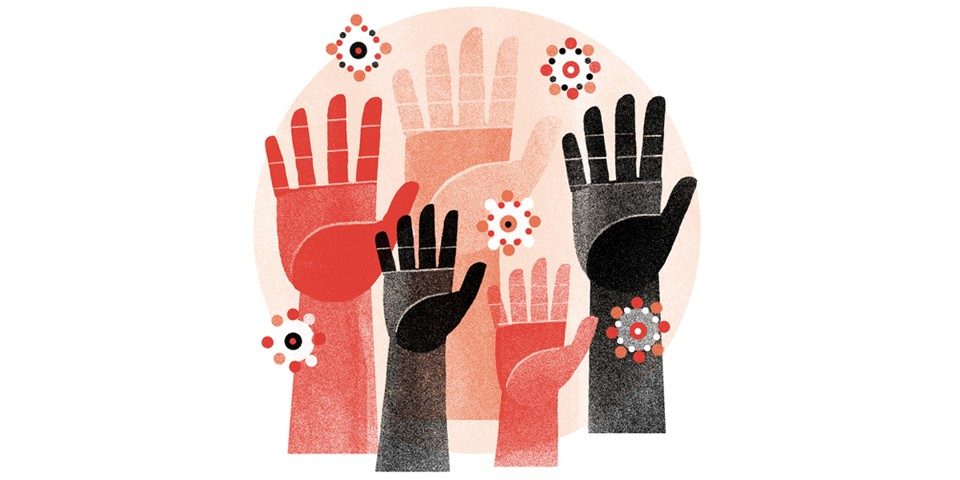
Winston Churchill, the great British Prime Minister who helped defeat Hitler, was a genial “aphorist” and author of great speeches. One of his most famous phrases is that of 1947 when he said "democracy is the worst form of government, except for all the others" – to be fair, at the time Churchill was quoting an unknown predecessor and it does not seem that this was the idea of the British Prime Minister on the subject. But the phrase has taken on a life of its own and shows a paradoxical, resigned and pessimistic view of democracy, of which we do not share. But before explaining why we have a much more positive view of it, we must understand what democracy is.
Let's continue with Churchill, this time in 1944:"How is that word “democracy” to be interpreted? My idea of it is that the plain, humble, common man, just the ordinary man who keeps a wife and family, who goes off to fight for his country when it is in trouble, goes to the poll at the appropriate time, and puts his cross on the ballot paper showing the candidate he wishes to be elected to Parliament—that he is the foundation of democracy.” In fact, it is, but it is still an incomplete definition - after all, even dictatorships hold periodic elections. For this, Churchill also has the answer in the same speech: “And it is also essential to this foundation that this man or
woman should do this [referring to the vote] without fear, and without any form of intimidation or victimization. He marks his ballot paper in strict secrecy.”
"The fact that elections take place freely and without coercion is not enough for a democracy"
Still, the fact that elections take place freely and without coercion is not enough for a democracy. It still presupposes a myriad of other "traits": the non-perpetuation of rulers; an effective separation of powers; the admission of private property and free enterprise; the freedom to set up information companies, without the need for prior license, authorization or governmental concession; respect for institutions in general and, in particular, for the decisions of the Judiciary ...
As you can see, it is not easy to characterize it. Perhaps an alternative is to ask yourself: what is at its root? By better understanding the source of its potential, perhaps we can better understand what democracy itself is.
In our view, respect for human dignity, the result of centuries of development, is the root of democracy.
Democracy is the only form of government that fully respects human dignity and enables its citizens to fully develop their potential. Man is such a being that the main decisions about himself and his future can never be coactively imposed on him. Somehow, dignity implies that the person is the author of his own destiny. Hence, for example, the need for periodic universal suffrage. Hence also a series of attitudes characteristic of an authentic democratic experience. In a democracy, for example, the individual must exercise the civic virtue of relinquishing imposing his own convictions, even if he is convinced that his opinion are the most correct or the most noble. No one can claim to be the owner of civil society, with the right to impose his own personal project on society. No one has more than one vote and this vote counts as much as that of each and every one of his fellow citizens. Such "humble" participation is essential, and only when widely shared and experienced can one properly speak of a democratic culture.
“No one can claim to be the owner of civil society, with the right to impose his own personal project on society”
The renunciation of the imposition of one's own opinion does not mean, however, that democracy only thrives in an environment where convictions are weak - on the contrary: it is itself based on what may be the strongest of convictions, that of the priceless value of every human life. The recognition of human dignity also means that the notion of democracy is not reduced to the majority principle: there are certain inalienable rights on which the majority project cannot advance. Without the protection of minorities there is no democracy, but a dictatorship of the majority in utilitarian terms.
More than just a system elaborated rationally for the government of a society, with its clearly delineated rules, it is a "way of being", a "style", of a society and of a state, with consequences and reactions in countless aspects of the life of a nation. Not that the set of constitutional rules concerning the government and the practice of that government are not fundamental. They are, but in practice a democratic regime is also backed by many other pillars, such as the cultural level of citizens, their fundamental convictions about life, the role of the state, free initiative, etc.
With all this in mind, we can understand the great value of democracy as the guarantor of the possibility of the development of its citizens. Other regimes, based on control and state control, on interventionism and on the strangulation of competition, leave people crippled, deprive them of the initiative that makes a society move forward. In democracy, citizens can be authors of their own destiny, undertake and pursue their ideals without constraint, define how they want to be governed. In democracy, everyone can contribute in his own way to the construction of the common good, according to what he believes to be his vocation: for the care of the family, for study, for professional, business or scientific activity, for art, for direct participation in matters of State. And going back to Churchill, "If this is democracy, I salute it. I support it. I would work for it.”
-

Mais de 400 atingidos: entenda a dimensão do relatório com as decisões sigilosas de Moraes
-

Leia o relatório completo da Câmara dos EUA que acusa Moraes de censurar direita no X
-

Revelações de Musk: as vozes caladas por Alexandre de Moraes; acompanhe o Sem Rodeios
-

Mundo sabe que Brasil está “perto de uma ditadura”, diz Bolsonaro


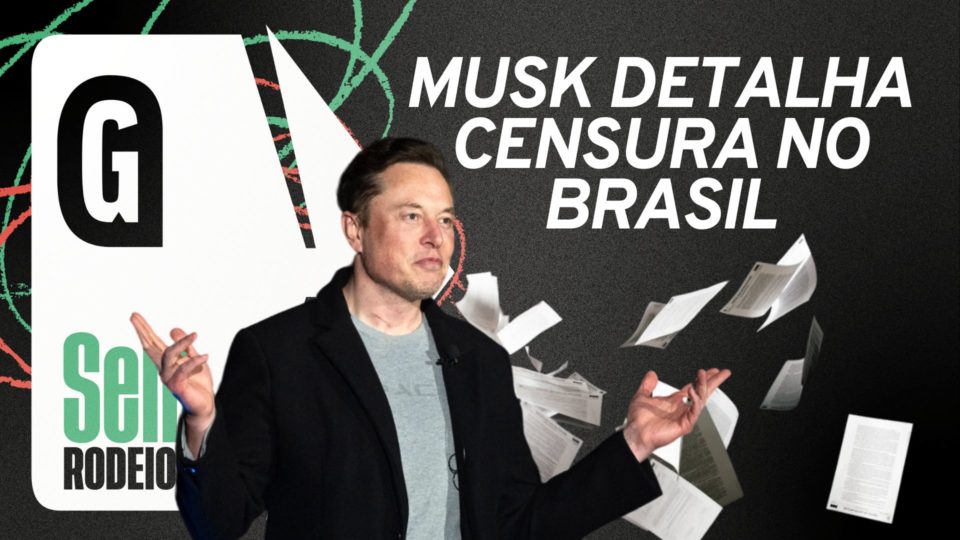

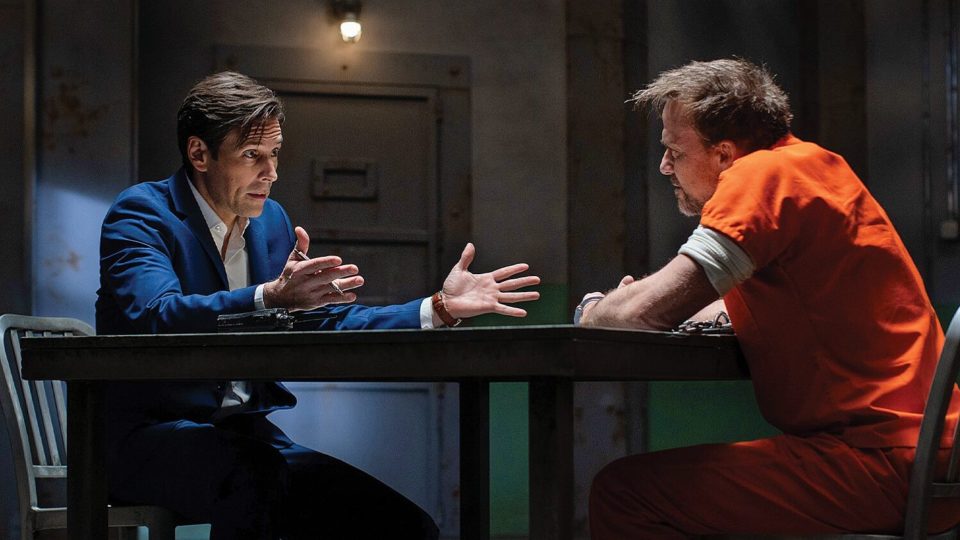
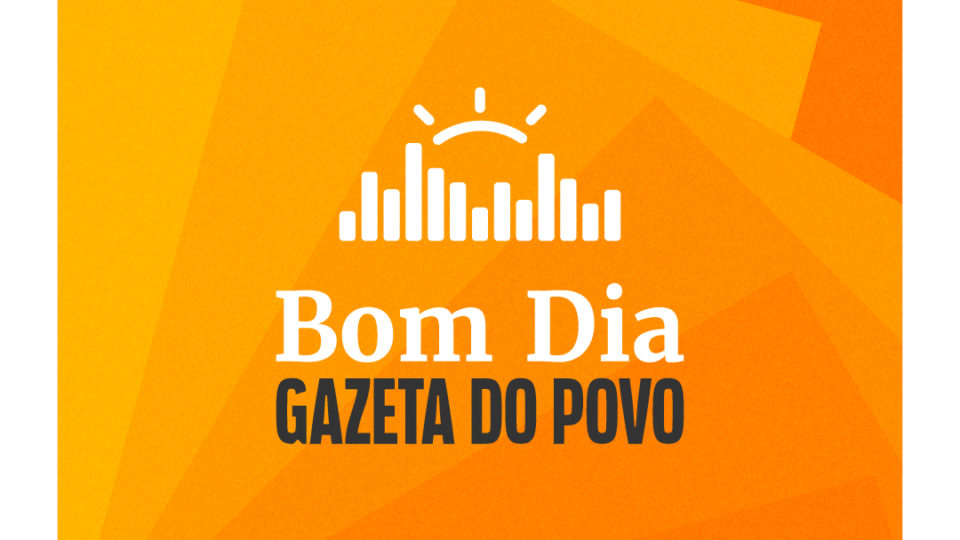
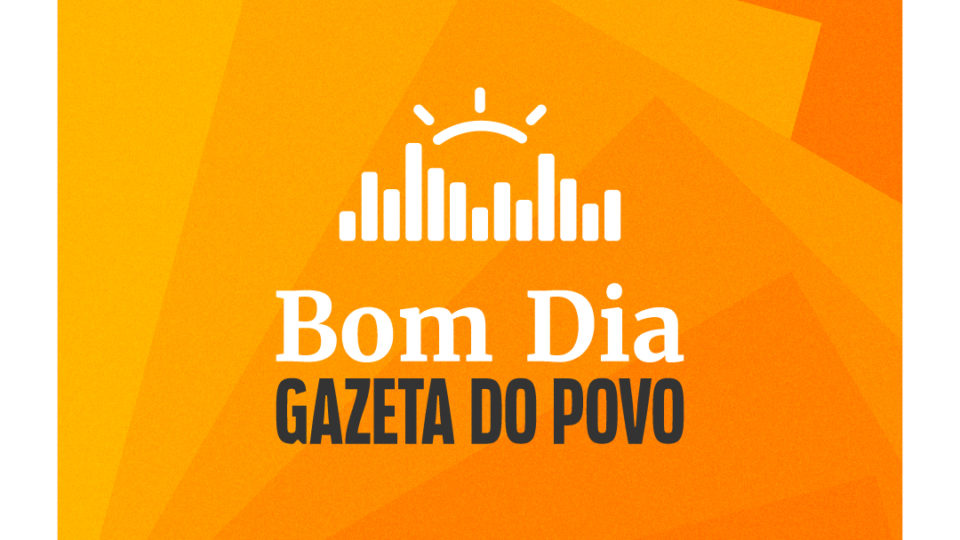
Deixe sua opinião